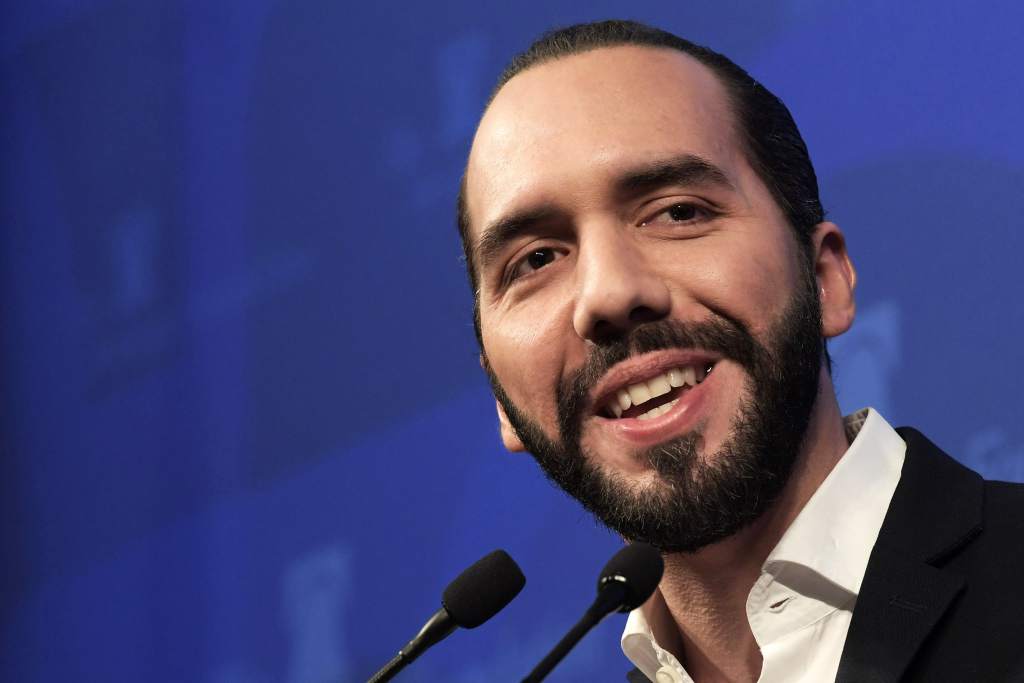El Salvador celebrates this Sunday the 30th anniversary of the signing of the Peace Agreements (1992) -which put an end to 12 years of civil war without scheduled official acts and with a call for a new march against the Government of Nayib Bukele.
Neither the Bukele Executive nor the Legislative Assembly has called public events within the framework of the historic date, this is because the Salvadoran president has classified said event as a “farce”.
Congress, chaired by the ruling deputy and former Executive Secretary Ernesto Castro, approved a decree on Tuesday to declare January 16 as the National Day of the Victims of the Armed Conflict, which left some 75,000 dead and more than 8,000 missings.
In that same session, the deputies repealed the commemoration of the signing of the Peace Accords.
However, there is no known official and public event to honor the thousands of victims of the war, which confronted the guerrillas of the Farabundo Martí National Liberation Front (FMLN) and the Army.
What has circulated on social networks have been calls to demonstrate again against the Bukele government on the occasion of the 30th anniversary of peace.
This would be at least the fifth march against the Government that has been carried out since September 7, 2021, when hundreds of Salvadorans demonstrated against the implementation of the bitcoin law that allows the use of cryptocurrency as a payment method along with the dollar. . The following marches concentrated thousands of Salvadorans.
The march is expected to be attended by members of social organizations, movements of war veterans and former guerrillas, feminist organizations, and members of the LGTBI community.
The Peace Accords included reforms to the Armed Forces to separate it from citizen security and the creation of the National Civil Police (PNC).
In addition, the independence of the Judicial Branch and the Attorney General’s Office (FGR) was strengthened and they also allowed the creation of a new Supreme Electoral Tribunal (TSE).
Among the causes that motivated the armed confrontation were poverty, social exclusion, and inequality in the redistribution of wealth, problems that are still in force, in addition to decades of repression by the military dictatorship.



















































































